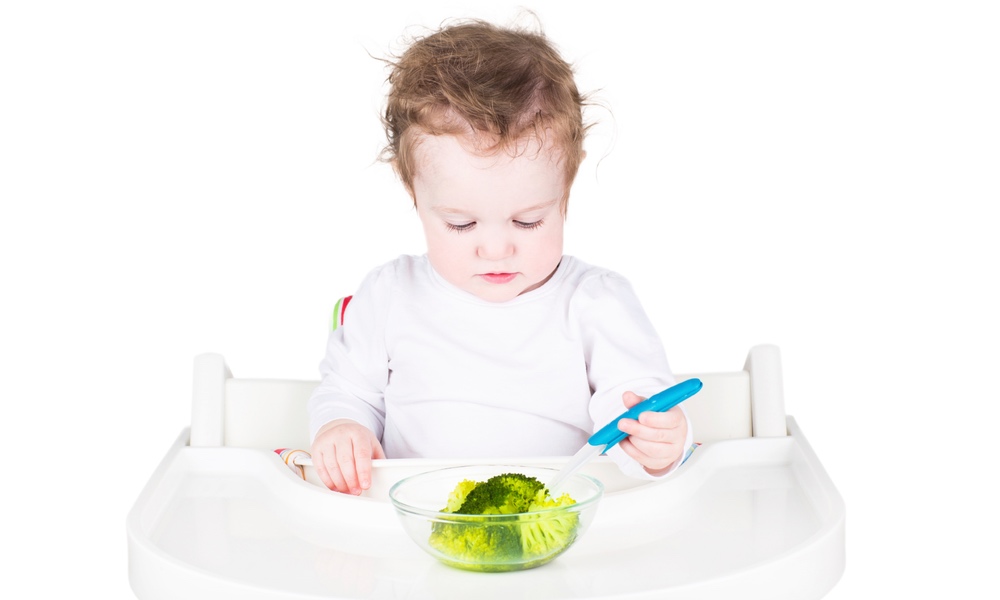Some kids are notoriously picky eaters. If it's not pizza, peanut butter, or chicken fingers, they won't eat it. Meals can turn into battles, and parents may just give in to keep the peace. With time, most kids grow out of the picky eating phase, but sometimes it may be symptomatic of a more serious problem.
Between age two and six more than 20 percent of kids are selective eaters, according to a new study. Selective eaters only eat a narrow range of foods, but their growth is normal. Within that group, about 18 percent are moderately picky eaters, but the other two percent are so severely selective in what they eat that it may even affect their ability to eat with others.
Picky eating can also be a sign of emotional distress.When compared to moderately picky eaters, kids with severe selective eating habits had double the likelihood of being diagnosed with depression.
Kids with moderate to severely selective eating habits show signs of depression, social anxiety and other mental conditions. They were almost twice as likely to have symptoms of generalized anxiety at follow-up points over the course of the study.
Children who eat only a very few foods can become so limited in their eating, according to Zucker, that it affects their health, growth, social functioning, and their relationship with their parents and family. Parents may feel they are to blame for the problem, and the child may feel like no one believes them.
When compared to moderately picky eaters, kids with severe selective eating habits had double the likelihood of being diagnosed with depression. Both groups of kids would meet the criteria for a newly described eating disorder in the Diagnostic and Statistical Manual of Mental Disorders called Avoidant/Restrictive Food Intake Disorder.
There are many reasons why children become picky eaters. Some may have heightened senses, and the smell, taste, or texture of certain foods are offensive, even disgusting, to them. Other kids may have had a bad experience with a food and feel anxiety over trying it — or another new food — again.
Parents are in the best position to know if picky eating is beginning to hinder their child's physical, social, and emotional growth. If you are concerned that your picky eater may be at risk for anxiety and depression, or if he or she has suddenly developed an eating disorder, contact your pediatrician.
Therapy can work for some kids, though not all. New interventions need to be developed to help children who are highly sensitive to tastes and smells, and these treatments need to be tailored to the age of the child.
The study is published in the journal Pediatrics.





